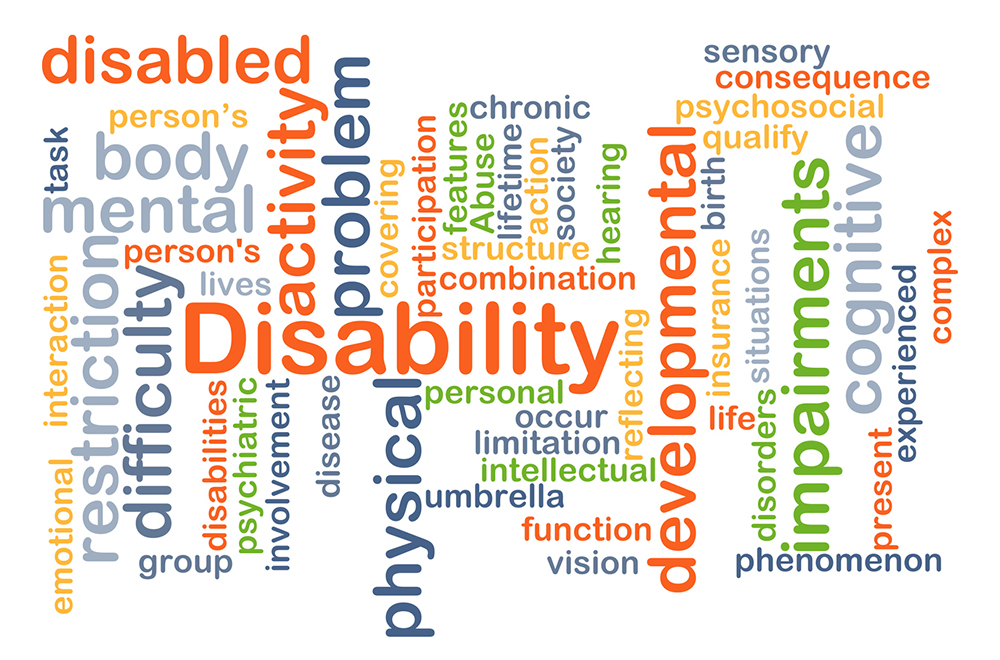Another concern to emerge from the ‘Mind the Gap’ report, (click here for previous story) found smaller non-government organisations describing services collapsing and merging as they waited to see how things proceeded before offering services through the NDIS. Or choosing not to engage with NDIS at all. In combination, this is resulting in loss of programs and services that have been developed to meet the needs of local communities, and appear to be in direct contrast to national policies and directions promoting a localised approach to service development.
All non-government stakeholder organisations providing services through the NDIS described running at a loss that was not sustainable because clients needed services which were not covered by the NDIS. All organisations said these additional costs were being covered by drawing on reserves and donations with an understanding that there was a time-limit before the organisation would ‘step away’ from engagement with the NDIS. They commonly described offering and providing ‘free’ or unfunded services to many clients because they were not in the NDIS and no other funded services were available. This was in addition to providing unfunded service to support people in the pre-planning and application phases due to many having no support allocated, and those within programs transitioning, having insufficient hours of support provided. Also, NGOs were often paying NDIS service delivery staff more than the hourly rate allocated within the NDIS pricing structure in order to maintain staff quality, mental health knowledge and skill. Stakeholders also described providing more services to clients than was allocated in NDIS approved plans in order to plug gaps in services available.
Many of the problems listed relate to the pressure to increase enrolments into the NDIS. This pressure should be reduced to allow both the mental health sector and the National Disability Insurance Agency (NDIA) to put in place adaptive rather than reactive systems.
According to report author, associate professor Jennifer Smith-Merry, the NDIS is a big scheme to implement and represented a revolution in the way disability is funded and services organised. “It is also a very costly, so savings were viewed as possible with the roll-over of some block-funded schemes into the plan. This happened without a full understanding of who would miss out when these schemes rolled over and these issues are now becoming apparent,” she told F2L.
“We strongly believe the NDIA needs a dedicated leader in the executive who is responsible for understanding the experience of people with psychosocial disability who are engaging with the NDIS to determine the best ways to encourage applications from people who are not in the scheme. This needs to be backed up by cooperation between Federal, State and Territory Governments to meet the needs of people outside the scheme.”
Smith-Merry said while the NDIA has responded to the report, reiterating the new pathways it is implementing for people from particular groups who are attempting to engage with the NDIS, which includes those with psychosocial disability, “we look forward to the NDIA speaking to the report authors to clarify any questions they may have about the solutions we have suggested and the concerns in the sector that underpin them”.
In conclusion the report states that “the gaps and solutions should not be seen as a fundamental criticism of the NDIS or the NDIA which is an important step forward in disability reform in Australia. Instead these should be viewed as a way of adding national psychosocial disability expertise to the ongoing development of the scheme and the mental health and community care systems operating in relation to it.”

